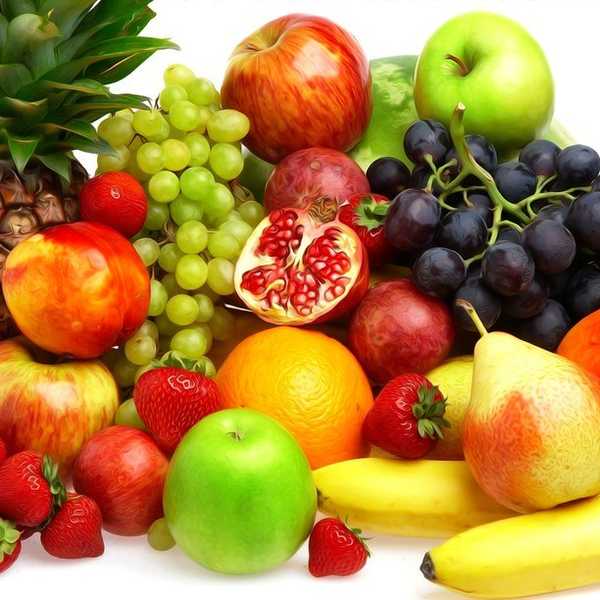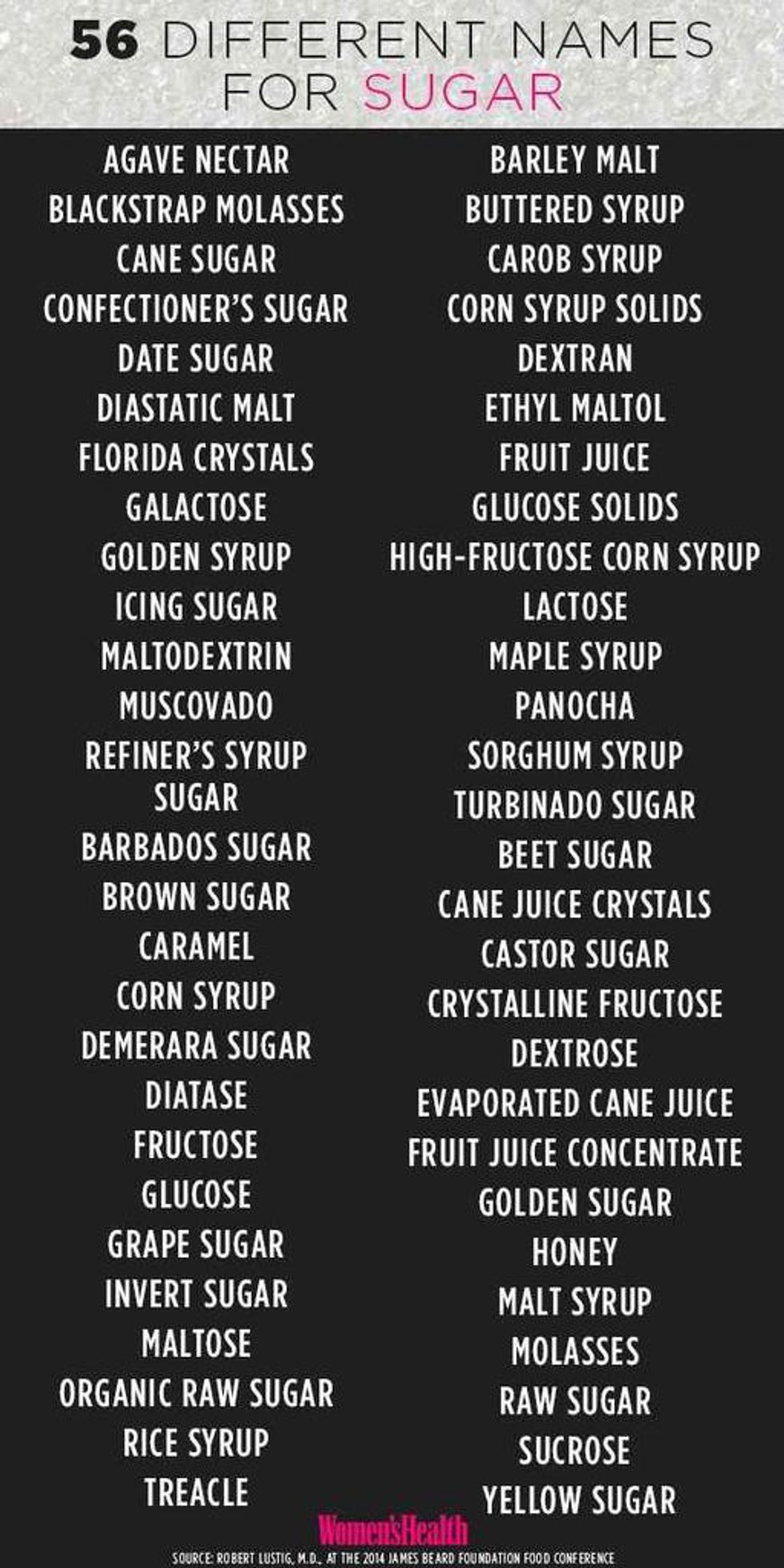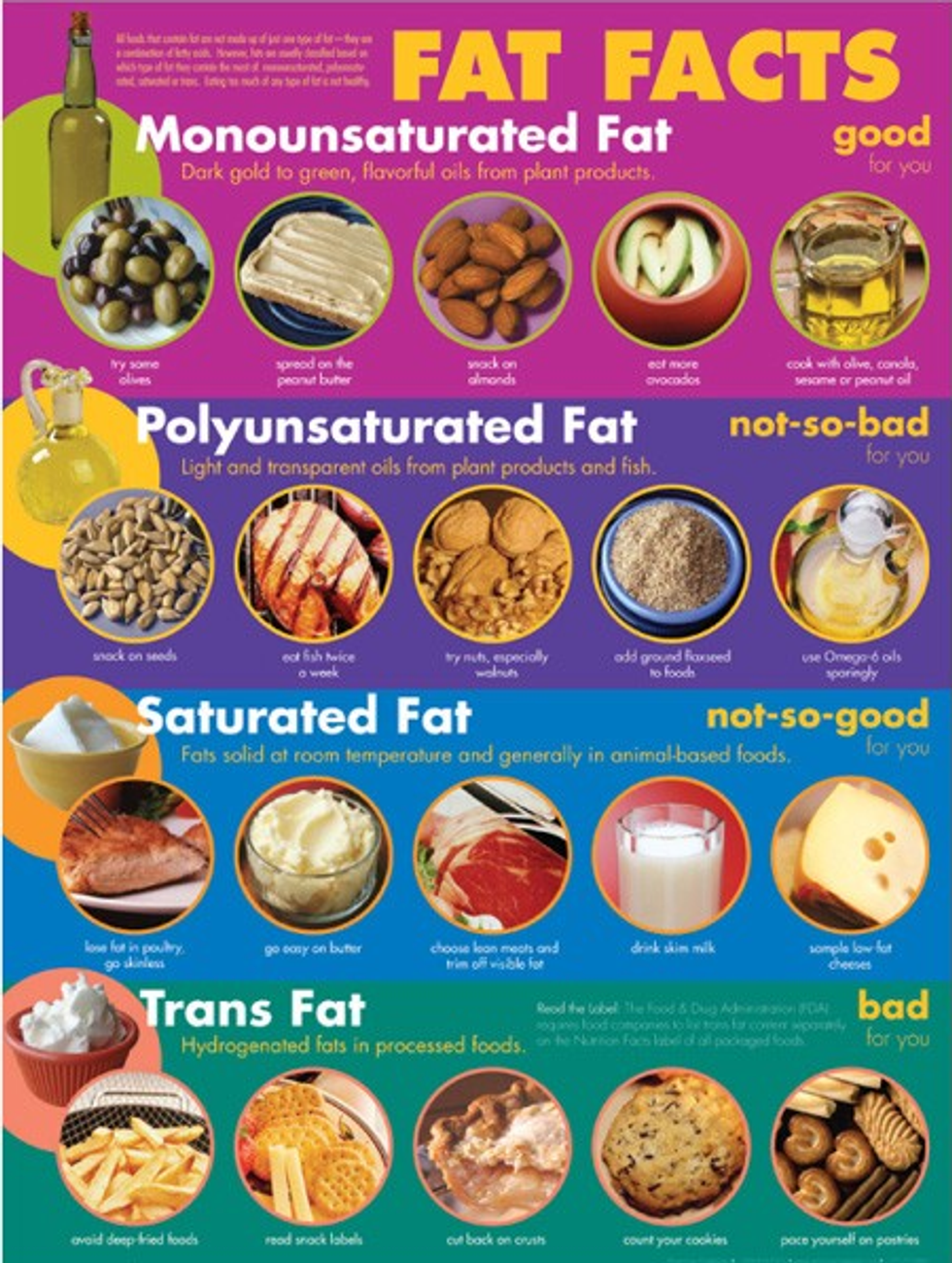It's almost that time again. In a few weeks, most of us will step foot into our fall semester classes. Transitioning from summer to fall is always a lot more stressful for me than any other time of year. With the stress of change, our eating habits may also change with it. Here are a few ways to easily keep up with your health as the school year approaches.
Pay attention to your vitamins.
For you to accurately fulfill your vitamin needs, you should aim to consume foods rich in A, B, C, D, E and K. A multivitamin is a quick way to make sure you get all of your vitamins in a day. You can pick these up in almost every drugstore. GNC is also a great place you can visit where you can get specialized help to accurately fit your needs.
Carb Up!
People always like to say that carbs will make you fat. Well, let me tell you they are wrong. They are talking about foods with simple carbohydrates, such as sugary foods, white bread and white rice. Actually, 50 percent of your diet needs to be carbohydrates, but instead of simple carbohydrates, you need complex carbohydrates. The majority these absolutely need to be fruits and vegetables. This is where most of your essential vitamins will come from. The next group of carbs in your diet should be whole grains. Read the back of labels on foods with grain, because many breads can slip in sugar and mask it by putting a long confusing name in the ingredients.
So many people attempt to completely eliminate carbs in their diets. While this may work for a short amount of time, your body will eventually crave carbs so much that after you finally give into a binge on something like a big piece of cheesecake, your body will hold on to it and store it all as fat.
Power Of The Protein
You absolutely need protein to keep up with your classes everyday. Not only does it build and repair tissues, but you use it to make enzymes, hormones and other body chemicals. Without complete proteins, you will be cranky, moody and weak during the day. Of course, eating meat is the easy way to get your complete proteins. However, contrary to popular opinion, the meat packaging industry is a slippery slope, and you can't ever be sure that your meat is really what you think. If you are really curious, consult Netflix and watch "Food Inc.," but you can just trust me when I say that the way meat is prepared now is some scary stuff. I try my best to not consume animal products about 80 percent of the time, but at times, vegan options are limited or my habits of eating meat get in the way.
Another way you can get complete protein that is just as nutritious as animal protein is quinoa. There are many options when buying quinoa at the store. You can simply get the grain and cook it over a stove and mix it with vegetables, or you can buy quinoa products at the store like muffins, fritters, cookies and breakfast casseroles. You can also easily find frozen products with quinoa. Just make sure you look for the least amount of ingredients in the packaged foods that you buy.
The Greatist has also created a great list of alternative ways to get complete proteins in your diet.
Don't Forget About The Fats!
People like to believe that fat in foods is something to stay clear of. Well, in order to properly metabolize food, you need it. Because if you don't have enough fats, your food will just turn into stored fat instead of be used for energy. Ironically, you need fat so you don't get fat!
Now, this doesn't mean you should go and buy the biggest box of fried chicken and french fries and chow them down. There are healthy fats and unhealthy fats. The unhealthy fats that come from all of our favorite foods (bummer) are saturated fats and trans fats. The less amount of these kinds of fats, the better.
The good kinds of fats are monounsaturated and polyunsaturated fats. You can get monounsaturated fats from olive, canola and peanut oils, avocados, non-hydrogenated margarines, nuts and seeds. Polyunsaturated fats include safflower, sesame, sunflower and corn oils, non-hydrogenated margarines, nuts and seeds, fattier fish, canola and soybean oils, flax seed, omega-3 eggs and walnuts.
So there you go! A crash course in what you need to pay attention to when you are picking out food at the dining hall this semester. And for those of you who grocery shop, pay attention to the labels of packaged foods, but try to get at least half of your food from the produce aisle. You would think that it is more expensive, but I promise that you can find deals on most of your produce and stay healthy.

























